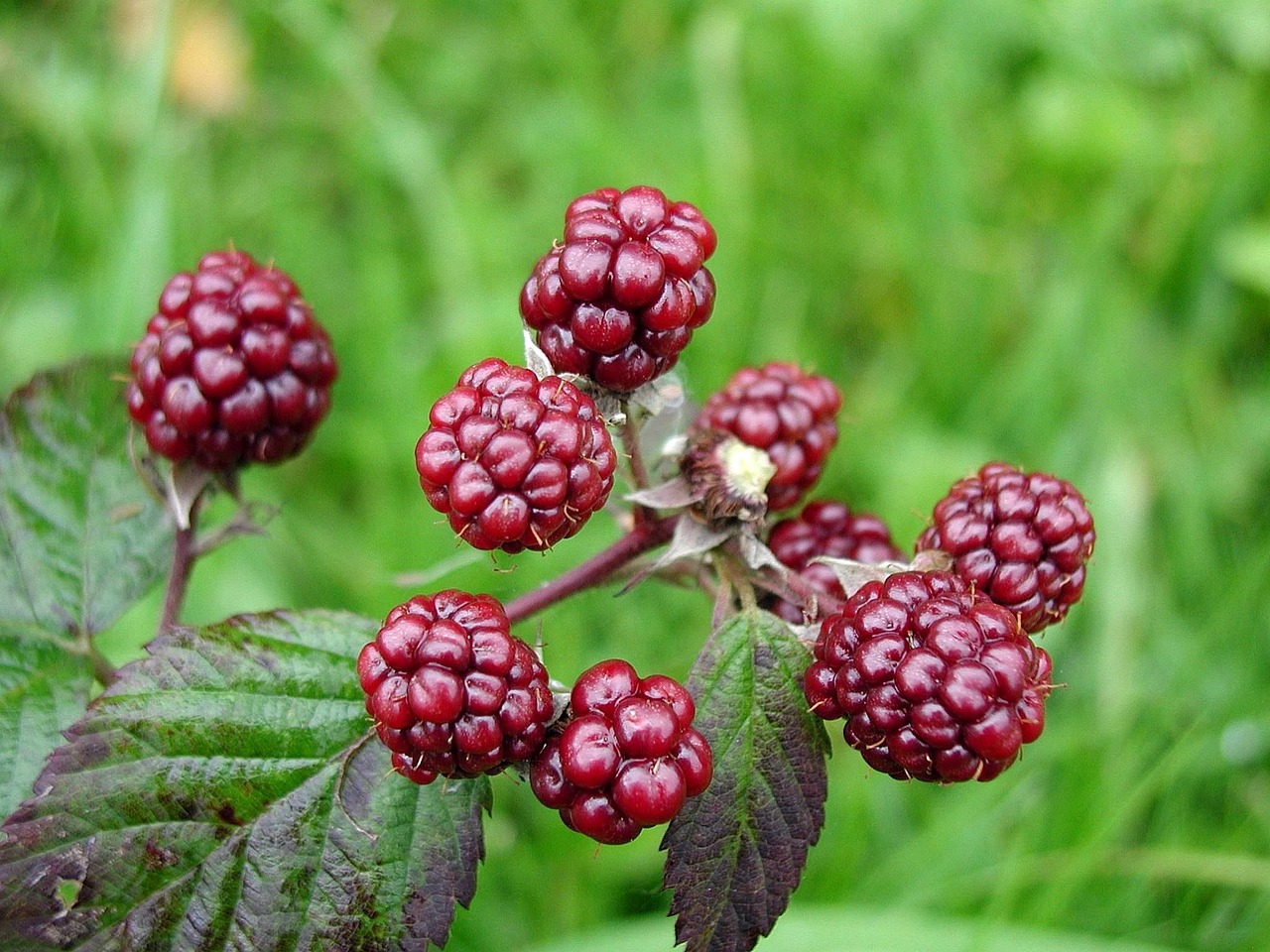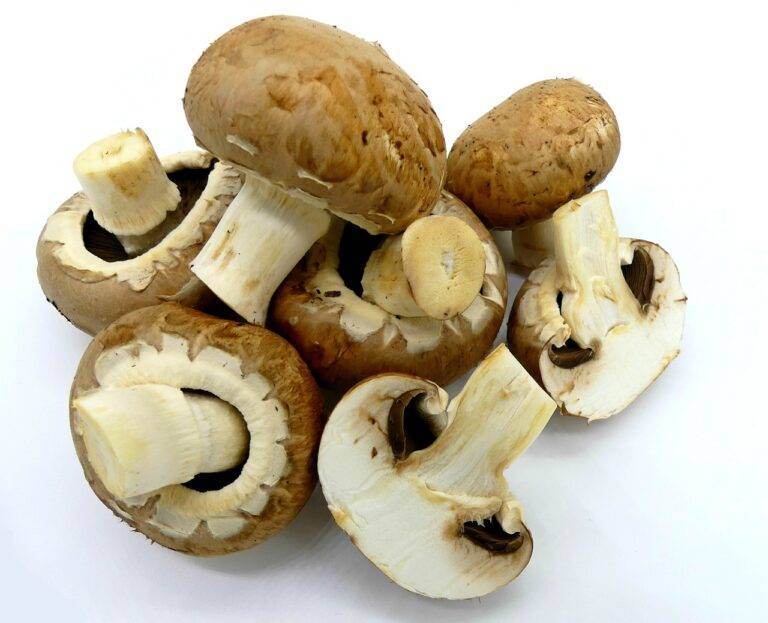The Future of Food Security: Addressing Challenges in a Changing Climate.
Ensuring global food security is a complex puzzle with various challenges intertwined within the web of factors influencing food production. One key challenge is the limited availability of arable land, as urbanization and industrialization continue to encroach upon fertile soils. This leads to a shrinking area for agricultural activities, putting pressure on existing farmlands to produce more to meet the increasing demand for food.
Additionally, the variability in climate patterns poses a significant hurdle for food production. Erratic weather conditions, such as droughts, floods, and extreme temperatures, can devastate crops, leading to yield losses and food shortages. Farmers are often left grappling with the unpredictable nature of weather patterns, making it difficult to plan and execute successful planting and harvesting seasons.
Impact of Climate Change on Agriculture
Climate change poses a significant threat to global agriculture, impacting both crop yields and livestock production. Rising temperatures, changing precipitation patterns, and extreme weather events are some of the key factors affecting agricultural productivity. In many regions, farmers are facing challenges such as droughts, floods, and the spread of pests and diseases, leading to substantial losses in crop production.
Moreover, the unpredictability of weather patterns due to climate change makes it difficult for farmers to plan and adapt their farming practices accordingly. Shifts in planting and harvesting seasons, as well as changes in the suitability of certain crops for specific regions, further exacerbate the challenges faced by agricultural communities. Without effective strategies to mitigate and adapt to these climate-related risks, the global food supply chain could face severe disruptions in the future.
What are some of the challenges faced in food production due to climate change?
Some challenges in food production due to climate change include changes in temperature and precipitation patterns, increased frequency of extreme weather events, spread of pests and diseases, and shifting growing seasons.
How does climate change impact agriculture?
Climate change can affect agriculture by altering the availability of water for irrigation, reducing crop yields, increasing crop losses due to pests and diseases, and impacting the quality of soil.
What are some potential solutions to address the impact of climate change on agriculture?
Some potential solutions include promoting sustainable farming practices, investing in climate-resilient crop varieties, improving water management systems, and supporting farmers in adapting to changing climate conditions.
How can policymakers help mitigate the impact of climate change on agriculture?
Policymakers can help mitigate the impact of climate change on agriculture by implementing policies that support sustainable farming practices, investing in research and development of climate-resilient crops, and providing financial incentives for farmers to adopt climate-smart strategies.
What role can consumers play in supporting sustainable agriculture in the face of climate change?
Consumers can support sustainable agriculture by choosing locally grown and organic produce, reducing food waste, and advocating for policies that promote sustainable farming practices and address the impact of climate change on agriculture.





